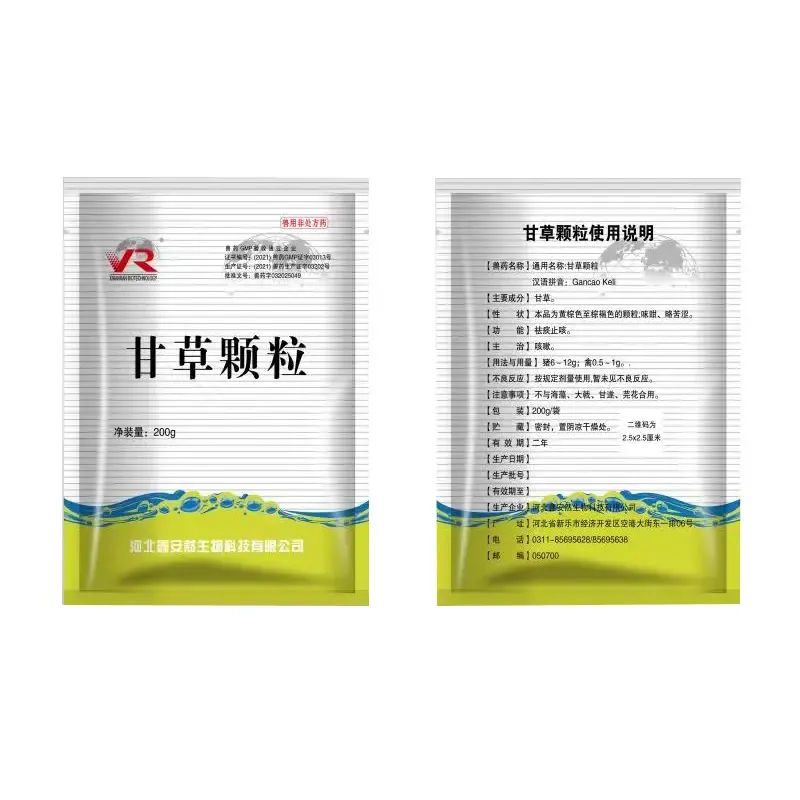- Afrikaans
- Albanian
- Amharic
- Arabic
- Armenian
- Azerbaijani
- Basque
- Belarusian
- Bengali
- Bosnian
- Bulgarian
- Catalan
- Cebuano
- Corsican
- Croatian
- Czech
- Danish
- Dutch
- English
- Esperanto
- Estonian
- Finnish
- French
- Frisian
- Galician
- Georgian
- German
- Greek
- Gujarati
- Haitian Creole
- hausa
- hawaiian
- Hebrew
- Hindi
- Miao
- Hungarian
- Icelandic
- igbo
- Indonesian
- irish
- Italian
- Japanese
- Javanese
- Kannada
- kazakh
- Khmer
- Rwandese
- Korean
- Kurdish
- Kyrgyz
- Lao
- Latin
- Latvian
- Lithuanian
- Luxembourgish
- Macedonian
- Malgashi
- Malay
- Malayalam
- Maltese
- Maori
- Marathi
- Mongolian
- Myanmar
- Nepali
- Norwegian
- Norwegian
- Occitan
- Pashto
- Persian
- Polish
- Portuguese
- Punjabi
- Romanian
- Russian
- Samoan
- Scottish Gaelic
- Serbian
- Sesotho
- Shona
- Sindhi
- Sinhala
- Slovak
- Slovenian
- Somali
- Spanish
- Sundanese
- Swahili
- Swedish
- Tagalog
- Tajik
- Tamil
- Tatar
- Telugu
- Thai
- Turkish
- Turkmen
- Ukrainian
- Urdu
- Uighur
- Uzbek
- Vietnamese
- Welsh
- Bantu
- Yiddish
- Yoruba
- Zulu
8 月 . 28, 2024 08:52 Back to list
Effective Hookworm Treatment for Humans | Over-the-Counter Solutions
Understanding Over-the-Counter Treatments for Hookworm Infection in Humans
Hookworm infections are a public health concern, particularly in tropical and subtropical regions where conditions favor the spread of these parasites. Caused mainly by two species, Ancylostoma duodenale and Necator americanus, hookworms latch onto the intestinal wall of their human hosts and feed on blood, leading to a range of health issues including anemia, protein deficiency, and growth retardation in children. While medical treatment is essential for managing hookworm infections, awareness of available over-the-counter (OTC) options can be valuable for individuals seeking immediate relief.
Symptoms and Diagnosis
Hookworm infections often present with symptoms that can include abdominal pain, diarrhea, fatigue, and in severe cases, a nutrient deficiency that can lead to lethargy and reduced physical performance. Skin irritation can also occur at the site where the larvae penetrate the skin, often referred to as ground itch. Diagnosing a hookworm infection typically involves lab tests where stool samples are examined for hookworm eggs. Physicians generally recommend definitive treatments when an infection is confirmed, but many individuals may look for OTC relief for mild symptoms or as a preventive measure.
Over-the-Counter Treatments
While no OTC medication can completely eradicate hookworms, some products may help alleviate symptoms. Antihistamines, for example, can be effective in reducing itching and discomfort caused by the skin penetration of larvae. Additionally, nonsteroidal anti-inflammatory drugs (NSAIDs) like ibuprofen or naproxen can help minimize abdominal pain and discomfort linked to the infection.
It’s essential, however, to recognize that these OTC medications do not treat the underlying parasitic infection. The mainstay for treating hookworm infections is anthelmintic medications, which require a prescription. Drugs such as albendazole and mebendazole are commonly prescribed to eliminate hookworms from the body. These medications work by inhibiting the worms' ability to absorb glucose, ultimately leading to their death.
hookworm treatment humans over the counter

Preventive Measures and Lifestyle Changes
For individuals at risk of hookworm infections or those living in endemic regions, preventive measures are crucial. Wearing shoes, practicing good hygiene, and avoiding walking barefoot on contaminated soil can significantly reduce the risk of infection. Regular handwashing and proper sanitation practices also play a critical role in prevention.
In addition to medical treatment, incorporating a balanced diet rich in iron and protein can help combat the effects of anemia caused by hookworm feeding. Foods such as beans, lean meats, and leafy greens can aid in replenishing lost nutrients.
Consulting Healthcare Professionals
Given the potential health complications associated with hookworm infections, individuals experiencing symptoms should consult a healthcare provider for appropriate diagnosis and treatment. While OTC medications can provide temporary relief for certain symptoms, they should not be viewed as a substitute for professional medical treatment.
In summary, while there are limited over-the-counter options for managing the symptoms of hookworm infection, definitive treatment requires prescription medications. Awareness of preventive measures, a healthy diet, and seeking timely advice from healthcare professionals can significantly mitigate the risks associated with this public health concern. As with any health issue, an informed and proactive approach is essential for effective management and long-term well-being.
-
The Power of Radix Isatidis Extract for Your Health and Wellness
NewsOct.29,2024
-
Neomycin Sulfate Soluble Powder: A Versatile Solution for Pet Health
NewsOct.29,2024
-
Lincomycin Hydrochloride Soluble Powder – The Essential Solution
NewsOct.29,2024
-
Garamycin Gentamicin Sulfate for Effective Infection Control
NewsOct.29,2024
-
Doxycycline Hyclate Soluble Powder: Your Antibiotic Needs
NewsOct.29,2024
-
Tilmicosin Premix: The Ultimate Solution for Poultry Health
NewsOct.29,2024













